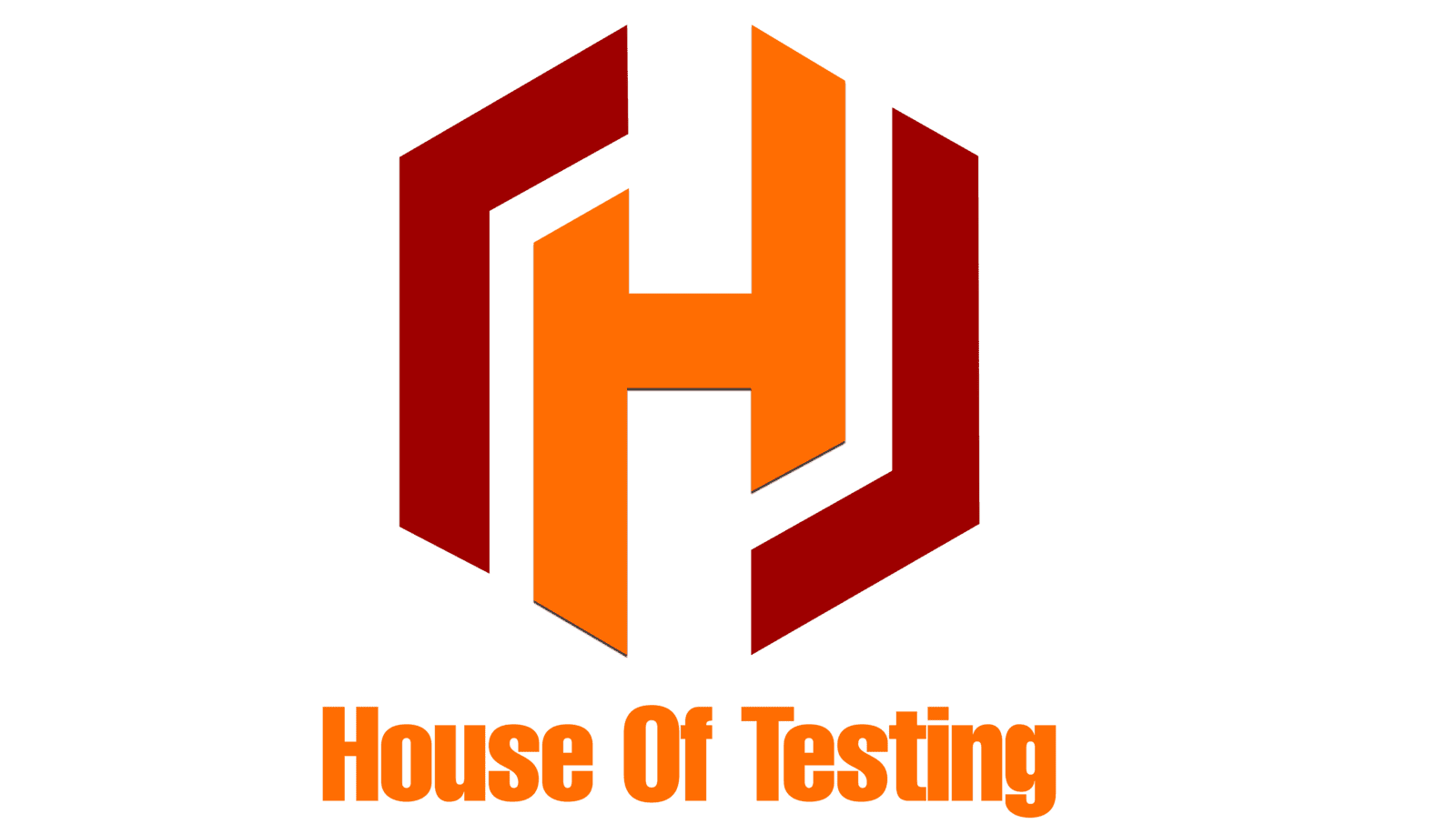Restriction of Hazardous Substances (ROHS)
Scopes & Testing
Restriction of Hazardous Substances (ROHS)
Restriction of Hazardous Substances (ROHS)
The Restriction of Hazardous Substances (RoHS) is a directive adopted by the European Union (EU) to restrict the use of certain hazardous substances in electrical and electronic equipment (EEE). Its primary goal is to protect human health and the environment by reducing the presence of hazardous substances in electronic products and preventing their release during disposal and recycling.
The RoHS directive was first introduced in 2002 (RoHS 1) and was later updated in 2011 (RoHS 2) and 2015 (RoHS 3). RoHS 3, also known as RoHS Recast or RoHS 2015/863, is the most recent version that expands the scope of restricted substances and includes a broader range of electrical and electronic equipment.
The current RoHS 3 directive restricts the use of the following substances in EEE:
- 1) Lead (Pb) - Used in solder, glass, and other electronic components.
- 2) Mercury (Hg) - Found in certain lighting products and batteries.
- 3) Cadmium (Cd) - Used in batteries, pigments, and some electronic components.
- 4) Hexavalent Chromium (CrVI) - Used in surface coatings and chromate conversion coatings.
- 5) Polybrominated Biphenyls (PBB) - Flame retardants used in plastics.
- 6) Polybrominated Diphenyl Ethers (PBDE) - Flame retardants used in plastics.
Manufacturers of EEE need to comply with RoHS requirements by ensuring that their products do not contain restricted substances above the maximum allowed concentrations specified in the directive. The restricted substances are typically limited to 0.1% (1000 parts per million) by weight in homogeneous materials, except for cadmium, which is limited to 0.01% (100 parts per million).
Compliance with RoHS is mandatory for companies selling electronic products in the European Union, and it may also impact manufacturers exporting to EU member states. Non-compliance can result in severe penalties, including the withdrawal of products from the market and potential legal action.
RoHS has been successful in promoting the use of safer and environmentally friendly materials in electronics, reducing hazardous waste during product end-of-life, and encouraging the development of more sustainable technologies in the electronics industry.
House of Testing Lab is equipped with Modern Technology and trained staff. Get in touch with us to know more.





